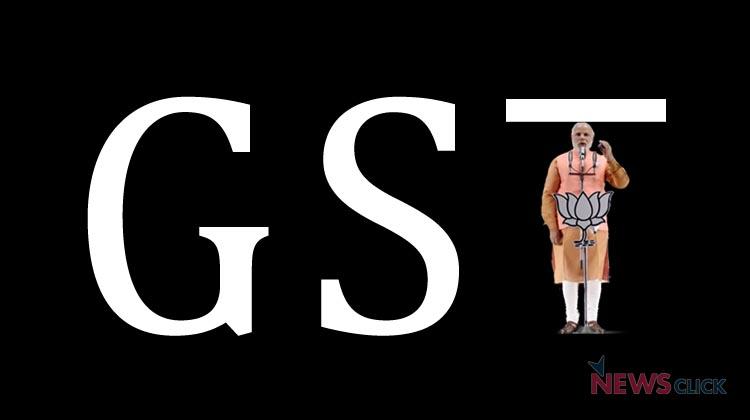Taxes Over and Above GST in Maharashtra and Tamil Nadu

Even as the central government has been talking about ‘One nation, one tax’, Tamil Nadu and Maharashtra have imposed levies over and above the Goods and Services Tax. Multiple taxes have been imposed by the two states to make up for the shortfall in taxes following the rolling out of the GST.
City corporations in Tamil Nadu have decided to levy entertainment tax over and above the 28% GST on theatres. The additional tax would be 30% for movie tickets priced above Rs 100, and 18% for tickets priced less than Rs 100. The levy would make movie tickets in Tamil Nadu more expensive, and theatre owners went on strike on Monday in protest against the new rates.
Meanwhile Maharashtra has increased the one-time registration tax on private two-wheel and four-wheel vehicles by 2%. This has been done apparently to compensate for the Rs. 600-700 crore annual revenue loss the state is expected to suffer on local body taxes and octroi due to the implementation of GST.
Critics of the move to raise taxes over and above the GST say that it hurts the spirit of the GST regime. Some of them argue that this is only putting the final nail on the coffin of an already “flawed” GST structure, as there were eight different rates anyway along with exemptions on items such as petroleum products and alcohol.
However, critics of the introduction of the GST are unperturbed, as they have all along maintained that the new regime is one that takes away the freedom of the states to decide their tax rates and hence is violative of the federal structure of the Constitution.
Dr. Surajit Das, Assistant Professor of Economics at Jawaharlal Nehru University, told Newsclick, “The ‘One Nation, One Tax’ slogan might sound charming, but the GST comes at the cost of the autonomy of the states.” Dr. Das is the author of a widely read paper on GST which was published in the Economic and Political Weekly. “If the states do not have the power to decide their tax rates, they would be reduced to mere collection agents of their own taxes. Given the importance of indirect taxes such as GST for the states’ revenue, lack of autonomy to decide tax rates combined with cap on fiscal deficit would mean that the total expenditure of every state government as a proportion of its state domestic product will effectively be decided centrally”, Dr. Das added.
Seen in this light, the moves to raise additional levies over and above the GST can be seen as part of the states’ attempts to break free, at least in a limited sense, of the restrictions placed on their budgets.
Get the latest reports & analysis with people's perspective on Protests, movements & deep analytical videos, discussions of the current affairs in your Telegram app. Subscribe to NewsClick's Telegram channel & get Real-Time updates on stories, as they get published on our website.
























